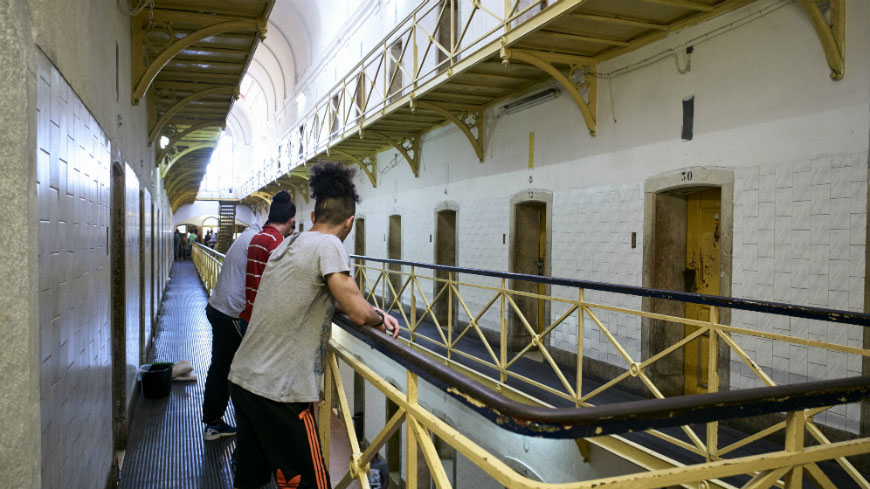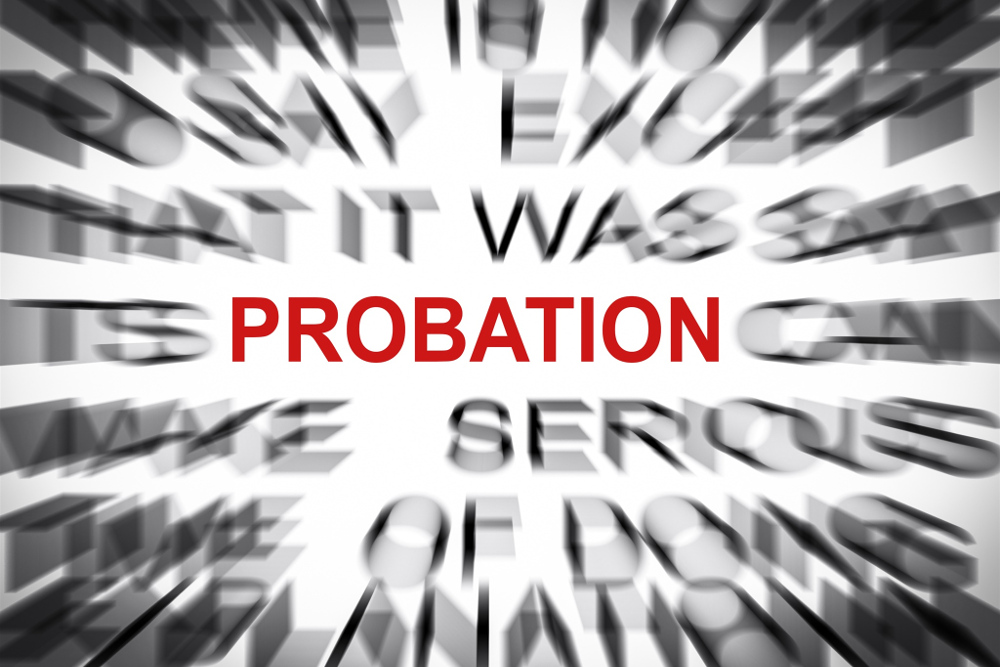The number of persons subject to sanctions and measures which keep offenders in the community remained relatively stable from January 2020 to January 2021, after several years of regular growth, in the context of the Covid-19 pandemic, according to the 2021 SPACE II annual survey, carried out for the Council of Europe by the University of Lausanne. (Please see also the Key Findings).
The total number of probationers fell from 1,511,887 to 1,302,781 from January 2020 to January 2021, representing a 14% decrease. However, this is mostly due to a dramatic decrease in Türkiye, where the number of probationers fell from 521,151 in 2020 to 333,365 in 2021. Excluding Türkiye, the overall European probation population only decreased by 2.2%. Three countries accounted for 60% of the probation population: Russia (470,736; 27%), Türkiye (333,365; 19%) and Poland (243,901; 14%).
According to the survey, which examines trends in community sanctions and measures such as electronic monitoring, community service, home arrest, treatments, semi-liberty and conditional release, on 31 January 2021, there were 1,773,556 probationers under the supervision of 32 probation agencies which use the person as the counting unit. This corresponds to a median probation population rate of 155 probationers per 100,000 inhabitants.
The probation administrations with the highest probation rates were Poland (645 probationers per 100,000 inhabitants), Lithuania (545) and Georgia (506). The administrations with the lowest rates correspond to two countries that started to use community sanctions and measures in the last decade: North Macedonia (8 probationers per 100,000 inhabitants) and Serbia (30).
According to Professor Marcelo Aebi, director of the SPACE surveys, during 2020 some countries released inmates, provisionally or definitively, to limit the spread of Covid-19. “It is very likely that most of these offenders were put under some sort of supervision; but this did not have a significant impact on the overall size of the probation population. The decrease in the number of persons entering into prisons due to a reduction in offline crime and a slowdown in criminal justice due to Covid-19 restrictions seems to have slightly reduced the number of persons under the supervision of probation agencies which had been growing in previous years”, he said.
Conducted every year for the Council of Europe by the University of Lausanne, the SPACE survey provides an overview of the use of custodial (SPACE I) and community sanctions and measures -also known as alternatives to imprisonment - (SPACE II) in the Council of Europe member states.







